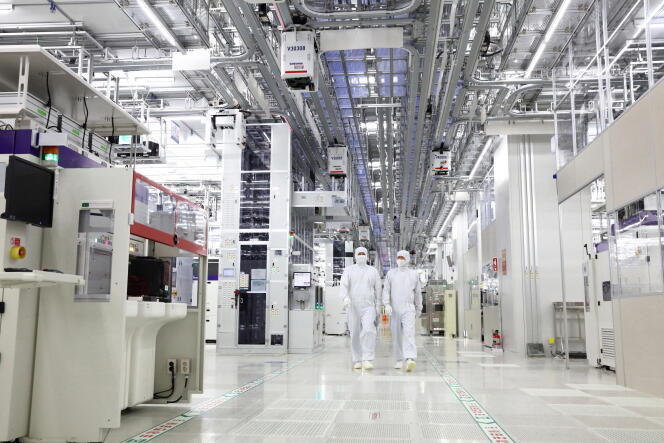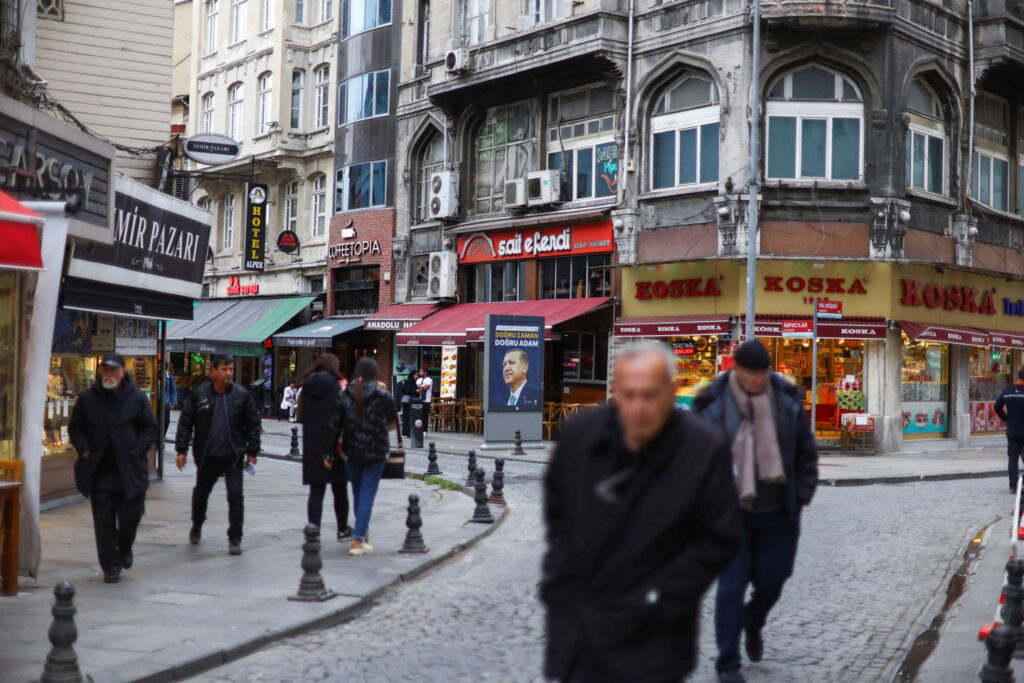
Copying cases sometimes take on a geopolitical dimension. Illustration in Korea. Monday, June 12, seven people, including a former executive of Samsung Electronics, were indicted by the South Korean justice for having stolen, between 2018 and 2019, confidential data, plans and details of the production processes, intended to build a perfect copy of the Korean electronics giant’s semiconductor factory in China.
“We foiled an attempt to replicate a complete semiconductor factory. It is a serious crime that shakes the foundations of national industry at a time of intense competition in this sector”, said the prosecutor, Park Jin-sung. The loss for Samsung is estimated at 300 billion won (220 million euros) at least.
They could actually amount to billions of euros. “If products of a quality similar to those of Samsung Electronics were mass-produced, it would cause irreparable harm to the South Korean semiconductor industry”worried the prosecutor.
Seven people charged
In addition to the former leader – who denies the charges – an employee of a Samsung Electronics subcontractor and five employees of the company created by the former leader are among those indicted. The main defendant, whose name has not been disclosed, worked for eighteen years at Samsung Electronics and ten years at SK Hynix, where he was vice-president. Neither Samsung Electronics nor SK Hynix wished to react.
When this renowned semiconductor specialist retired in 2015, the city of Chengdu (Sichuan province) granted him an envelope of 460 billion won. His mission: to build a semiconductor factory. A Taiwanese manufacturer was ready to invest 8 trillion won in the project.
He finally gave up, but part of the project was able to materialize. The former executive poached 200 former employees of Samsung and SK Hynix by offering them salaries twice as high. Among the data accumulated were the plans of the “clean rooms”, without the slightest impurity and essential for the manufacture of semiconductors. There was also the essential information for making DRAM and NAND flash chips under 30 nanometers, which Samsung took more than thirty years to design and which are considered by Seoul to be national technologies.
Product prototypes
Work began and research and development facilities were completed in 2022. Prototypes were reportedly produced, but no further details were released. Alerted by the center for the protection of industrial secrets of the South Korean National Intelligence Service (NIS), the prosecution of Suwon – city hosting the headquarters of Samsung, south of Seoul – opened an investigation in February and arrested, in May , the former executive.
You have 46.54% of this article left to read. The following is for subscribers only.


